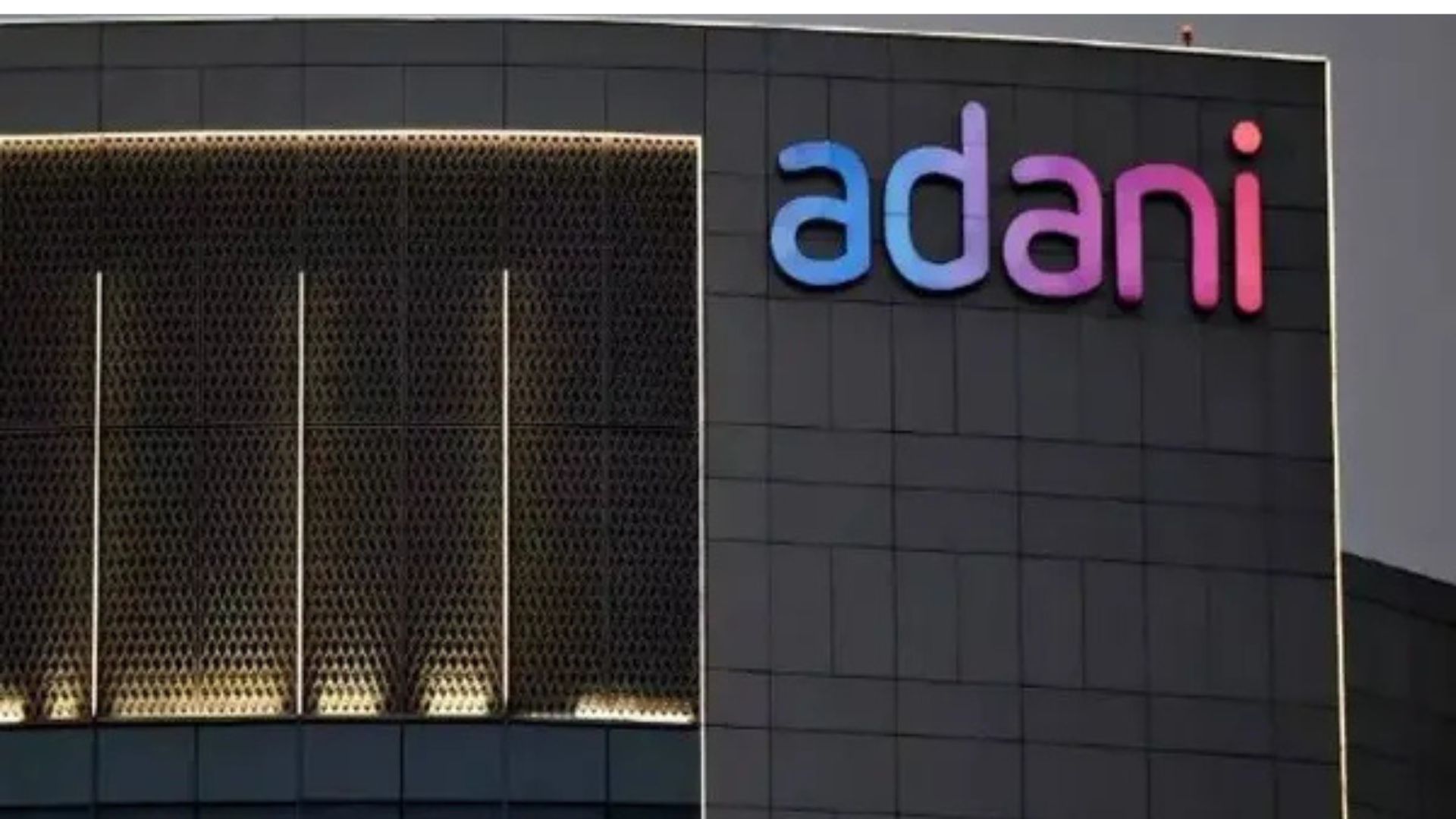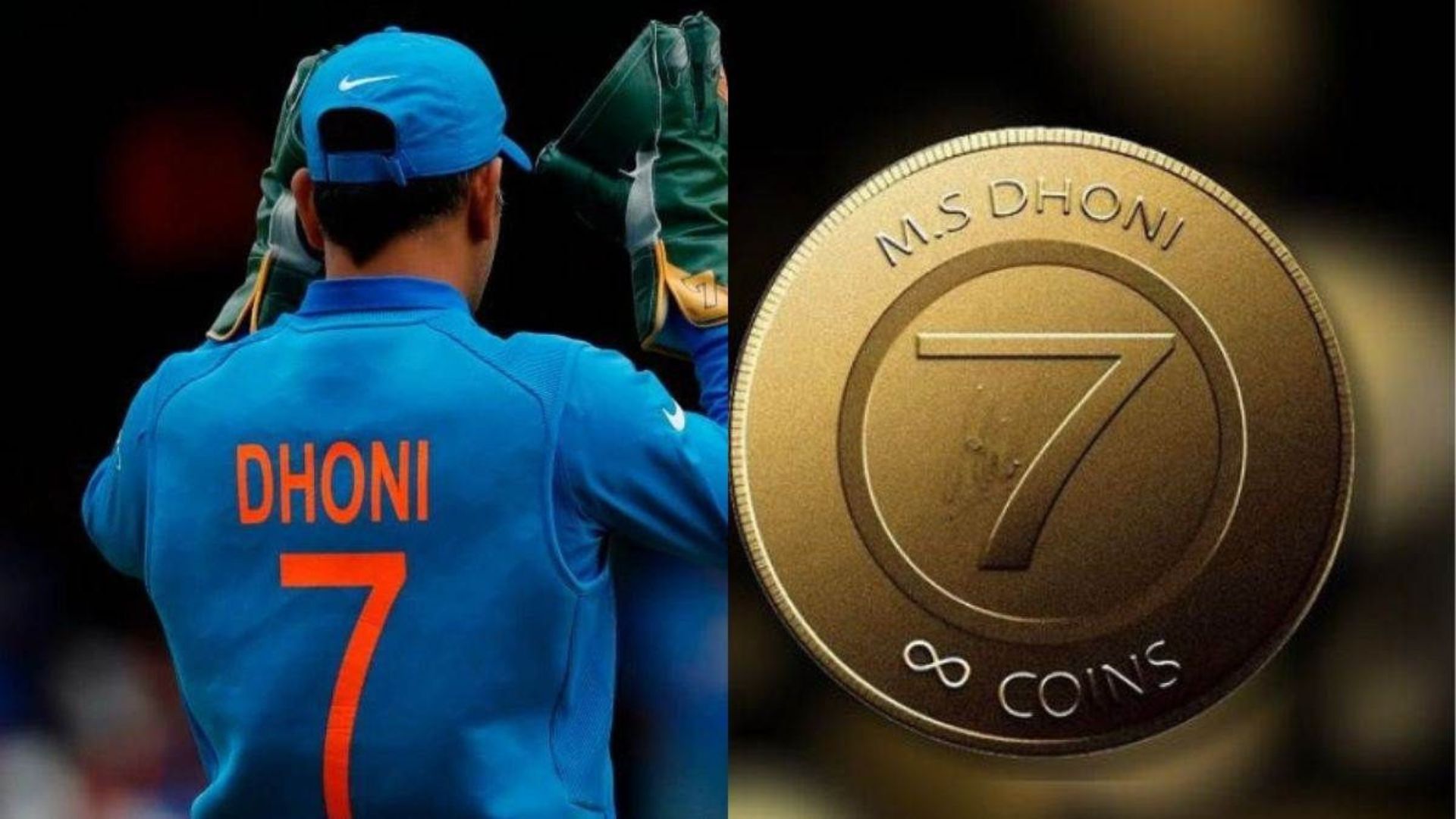
The Supreme Court on Friday declined to entertain a petition from two convicts in the Bilkis Bano case seeking interim bail. The petition was filed after their early release was canceled, and they were re-imprisoned following the apex court’s January 8 verdict.
A bench of Justices Sanjiv Khanna and PV Sanjay Kumar rejected the plea, leading the convicts’ counsel to withdraw the petition. The bench questioned the maintainability of the plea, stating, “How can, in Article 32, we sit over appeal?”
On January 8, the Supreme Court annulled the Gujarat government’s decision to grant remission to 11 convicts who had gangraped Bilkis Bano and murdered her family during the 2002 Godhra riots.
In March, convicts Radheshyam Bhagwandas Shah and Rajubhai Babulal Soni approached the Supreme Court, requesting that their premature release be reviewed by a larger bench due to conflicting orders from different benches. They argued that the January 8 verdict was judicially improper and created legal uncertainty.
Their plea pointed out that the January 8 judgment by Justices BV Nagarathna and Ujjal Bhuyan overruled an earlier judgment by Justices Ajay Rastogi and Vikram Nath, which held that the Gujarat government was the appropriate authority to decide on remission applications for the convicts.
The plea stated that the January 8 judgment caused confusion about which legal precedent to follow. It also noted that the May 13, 2022, judgment by Justice Rastogi’s bench directed the Gujarat government to consider the remission applications, which the convicts alleged was obtained by misleading the court.
The Justice Nagarathna-led bench ruled that the Gujarat government was not competent to grant remission and that the Maharashtra government should decide on the matter, as the sentencing occurred within its territorial limits.
The plea concluded that due to the conflicting judgments, the matter should be referred to a larger bench for final resolution.















